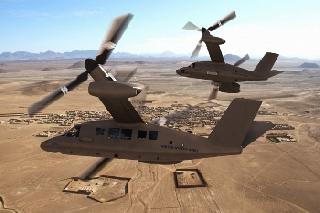
The Bell V-280 Valor prototype. A Bell Helicopter photo
FORT WORTH (BNS): Joining Bell Helicopter in the US Army's Joint Multi-Role (JMR) Technology Demonstrator (TD) programme, Lockheed Martin has announced its partnership in the Bell V-280 Valor third-generation tilt-rotor prototype.
The Bell V-280 Valor has been selected as a contender for the Army's JMR-TD contract which is expected to be awarded this month, with first flight scheduled for 2017.
Lockheed said it has joined as the first of Bell Helicopter's V-280 programme tier one team members, adding that additional team members will be announced in the coming months.
"We made the strategic decision to invest in a mission system and provide Bell Helicopter with this leap-ahead combat capability on the V-280 Valor," said Dale P. Bennett, executive vice president, Lockheed Martin Mission Systems and Training.
Bell had unveiled the new-generation helicopter prototype in April this year.
With a cruise speed of 280 knots and combat range of 500-800nm, the V-280 Valor also features other technology advancements like outstanding low-speed agility, high-hot (6K/95F) hover capability, multiple-g high-speed manoeuvrability, superior fuel efficiency and radically improved range capabilities.
Bell has demonstrated two variants of the helo -- a utility variant and an attack variant.
The new-generation helicopter has been designed keeping in mind the Army's Future Vertical Lift (FLV) requirement under which it plans to replace its existing fleet of utility and attack choppers including the UH-60 Black Hawks, AH-64 Apaches, and CH-47 Chinooks.
The other contender for the JMR-TD programme is the Sikorsky-Boeing team which has fielded a counter-rotating co-axial main rotors and a pusher propeller aircraft based on Sikorsky's X2 rotorcraft design.
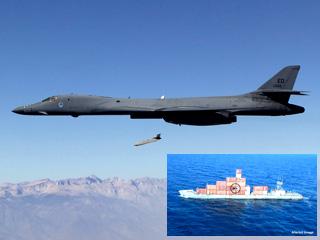 Previous Article
Previous Article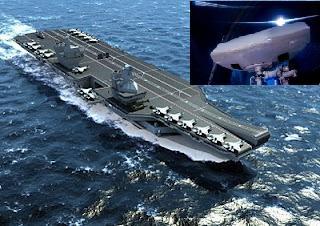 Next Article
Next Article
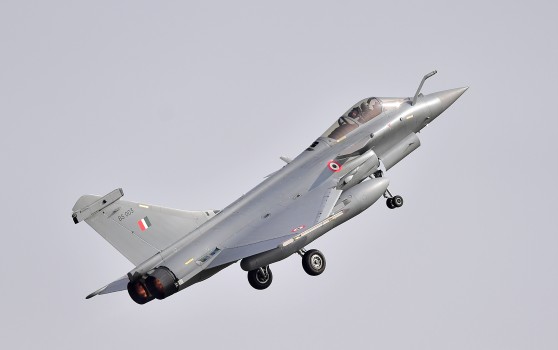
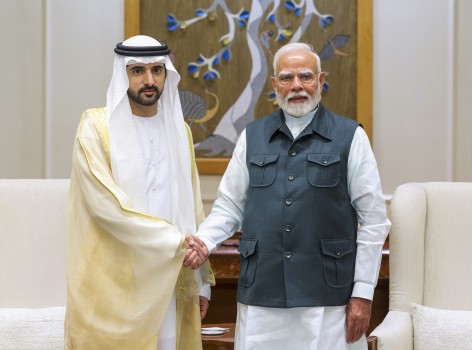
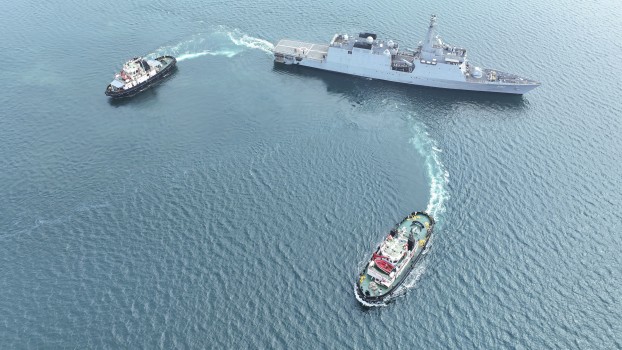










The Indian Air Force, in its flight trials evaluation report submitted before the Defence Ministry l..
view articleAn insight into the Medium Multi-Role Combat Aircraft competition...
view articleSky enthusiasts can now spot the International Space Station (ISS) commanded by Indian-American astr..
view article